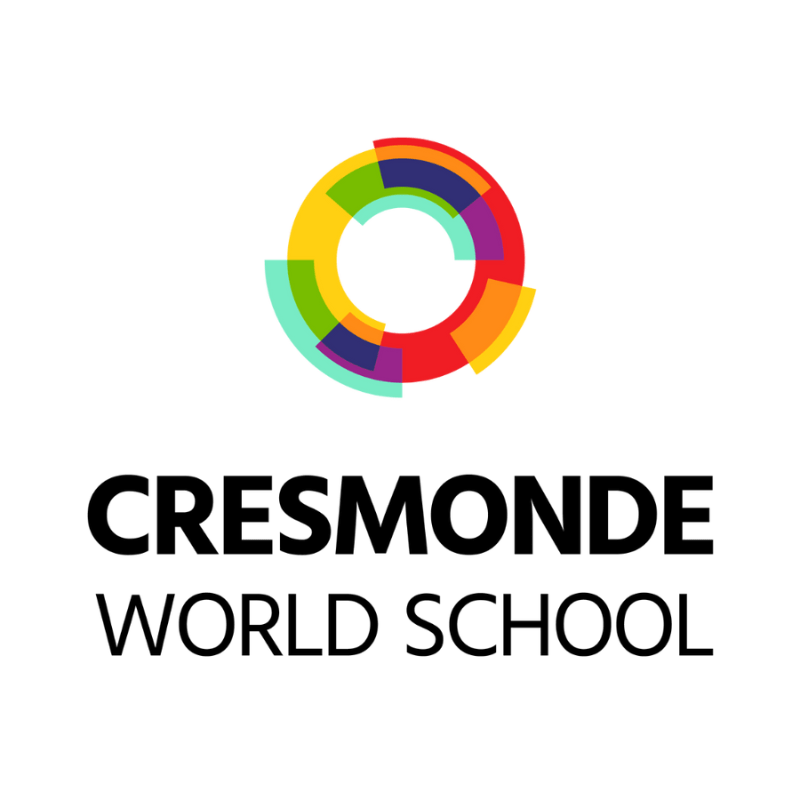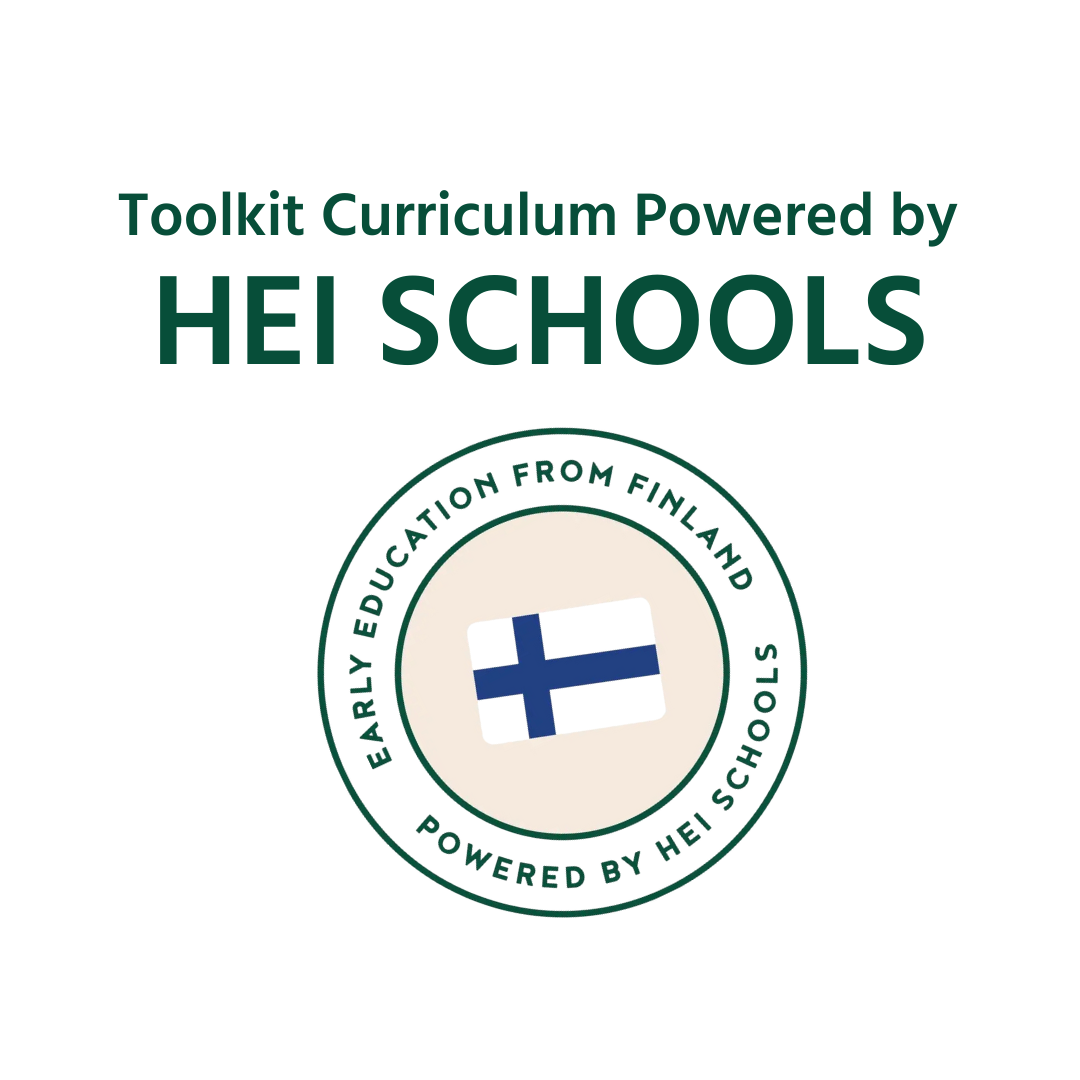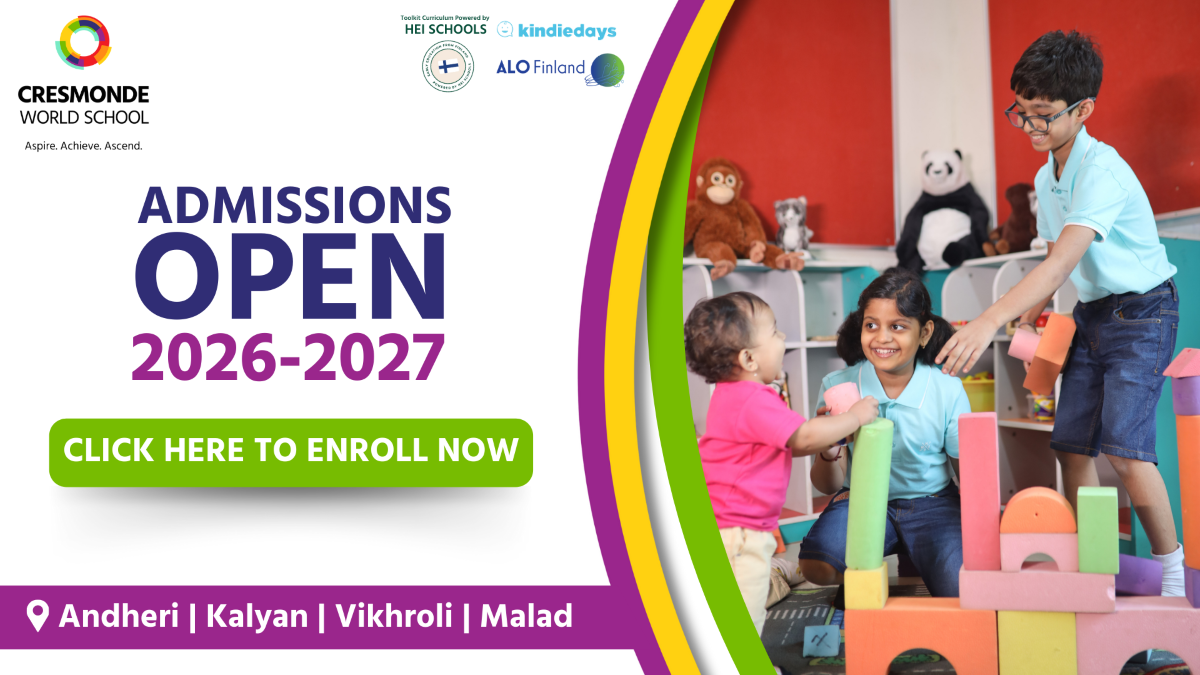Let’s be honest—school admissions in India can feel like preparing for an exam yourself. You’re not just picking a school; you’re choosing a curriculum, a learning path and in many ways, a future.
CBSE, ICSE, IGCSE—it’s not just an alphabet soup. These are three very different approaches to education. And if you’re like most parents I’ve spoken to, you’ve probably asked:
“Which one’s right for my child?”
That’s exactly what we’ll explore in this blog—but not with boring bullet points and jargon. Let’s walk through it like you would with a trusted friend over a cup of coffee.
First Things First—There’s No “Best,” Only What Fits Best
Before diving into differences, here’s a truth most schools won’t tell you upfront:
The best curriculum is the one that fits your child’s personality, pace and future goals.
Some kids are born engineers. Some love words and ideas. Others just want to explore everything. That’s where these curriculums come in—they shape how kids learn and how they think about learning.
CBSE: The Classic Indian Route
If your child is aiming for national competitive exams—JEE, NEET, or UPSC down the line—CBSE might already be on your radar.
It’s structured, streamlined and geared toward high scores and standardized tests. Think of it like a race track: it’s built for speed, efficiency and performance. In the early stages of school admissions, CBSE tends to stand out as a practical and widely accepted choice.
Why parents love CBSE:
- It’s everywhere. You’ll find CBSE schools in almost every city and town.
- Most coaching centers align with its syllabus.
- The textbooks (hello, NCERT) are exam-friendly and concise.
But here’s the flip side:
- It’s not known for being creative or experimental.
- The arts, languages and critical thinking get less stage time.
ICSE: The Balanced All-Rounder
Now, let’s talk about ICSE, often seen as the “liberal arts” sibling in Indian education. It dives deep into English, gives equal weight to humanities, science and arts and includes internal assessments and practicals.
If your child loves expressing themselves, exploring ideas, or simply needs a curriculum that’s less about mugging up and more about understanding, ICSE might be the sweet spot.
Why some parents prefer ICSE:
- Rich focus on English language and literature
- Subjects aren’t just taught—they’re explained, debated, discussed
- Great for kids who want balance: academics + creativity + application
But a heads-up:
- The syllabus is detailed—some might say heavier than CBSE
- It may not be ideal if your child thrives on short, exam-style formats
IGCSE: The Global Explorer
Now imagine a classroom where children are encouraged to ask “why” more than “what.” That’s IGCSE, a globally-recognized board offered by Cambridge.
It’s inquiry-driven, skill-based and deeply connected to real-world thinking. No rote memorization. No last-minute cramming. Instead, it’s about building thinkers, not just test-takers.
IGCSE is a great fit if your child:
- Might pursue higher education abroad
- Thrives in a flexible, project-based environment
- Prefers continuous assessment over one-shot final exams
But be aware:
- It’s not the most affordable option
- Indian entrance exams may require additional prep, since the syllabus diverges from national boards
Before You Choose a Board, Let’s Learn How Cresmonde Adds Depth to ICSE and IGCSE
Here’s where Cresmonde does things a little differently.
While most schools ask you to choose between ICSE or IGCSE, Cresmonde brings a unique fourth layer into the mix—Finnish pedagogy. And no, it’s not just a buzzword.
Inspired by one of the world’s most respected education systems, Cresmonde integrates the core strengths of Finnish education—like inquiry-based learning, emotional intelligence, student autonomy and joyful classrooms—into both ICSE and Cambridge (IGCSE) programs.
Think of it as adding soul to the structure.
The result? A child who’s not just well-prepared for exams, but also for life. A learner who’s confident, compassionate and globally competent—without losing the grounding that a strong academic curriculum provides.
This blend of global pedagogy and Indian curriculum is what sets Cresmonde apart. Because we believe education shouldn’t be either-or—it should be the best of both.
So… Which One Do You Choose?
Let’s flip the question. Ask yourself:
- Does my child love structure or freedom?
- Do they need more time to understand concepts, or prefer fast-paced learning?
- Do I want them to focus on Indian exams or keep international doors open?
Here’s a very simplified way to look at it:
| If your child is… | Consider this board |
| Goal-focused, thrives in exams | CBSE |
| Curious, expressive, enjoys projects | ICSE |
| Creative, analytical, globally oriented | IGCSE |
And if your child doesn’t fit any of these neatly? That’s okay. Most don’t. Which is why the school you choose—and how it applies the curriculum—is equally important.
In Closing: The Real Question
So maybe the real question isn’t “Which curriculum is best?”
But rather:
“Where will my child feel seen, supported and stretched?” Because at the end of the day, the right curriculum is the one that helps your child fall in love with learning.
Frequently Asked Questions (FAQ’s)
Can ICSE students crack JEE or NEET exams?
Yes, ICSE students can definitely crack JEE and NEET. The strong conceptual foundation provided by ICSE schools helps students excel with the right coaching and preparation.
Is ICSE better than CBSE for my child?
ICSE is a great fit for children who enjoy creative subjects and in-depth learning. Many parents choose the best ICSE schools in Mumbai for a balanced academic experience, while CBSE works well for exam-focused learners.
What makes IGCSE different from CBSE or ICSE?
IGCSE schools in Mumbai follow the Cambridge curriculum which encourages critical thinking, project work and global perspectives. It is ideal for families considering international schools in Mumbai or overseas education.
Is IGCSE more difficult than other Indian boards?
IGCSE is not necessarily harder, but it does take a different approach. It focuses on application and inquiry-based learning. The best IGCSE schools in India provide strong academic support to help students thrive.
What curriculum is best for preschool or primary school children?
At the preschool age, the focus should be on curiosity and joyful learning. Whether it is a pre-primary school or a Cambridge school, look for nurturing environments that build strong learning habits early on.











